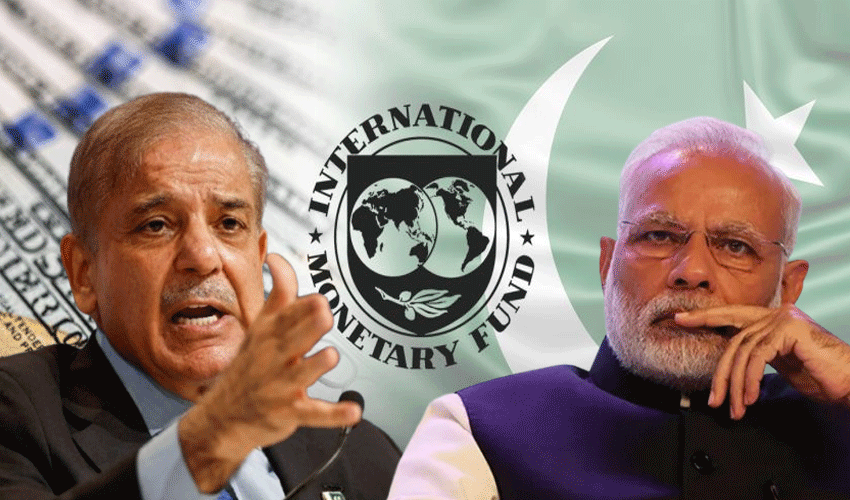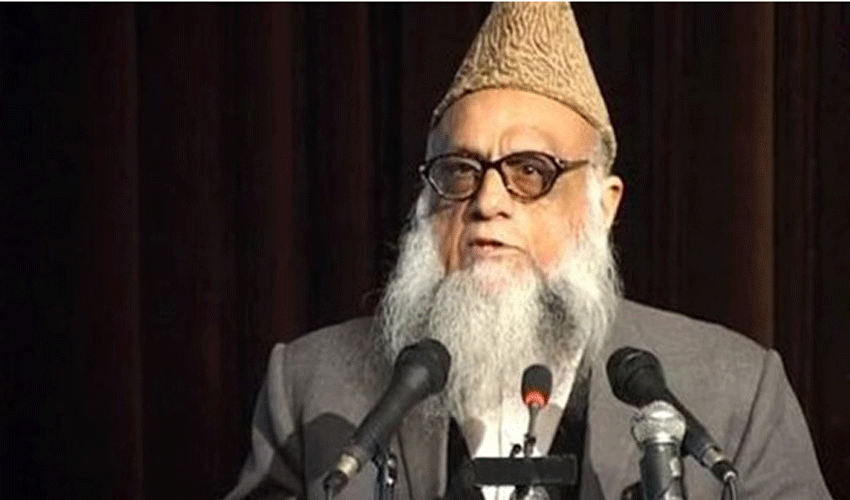In a recent turn of events, Dutch scientist Frank Hoogerbeets' prediction of a strong earthquake in Pakistan within 48 hours failed to materialize, raising concerns about the potential consequences of sensationalized predictions.
Mr. Hoogerbeets, a researcher at the Solar System Geometry Survey (SSGEOS), had raised alarm bells with his prediction, citing recorded atmospheric fluctuations that extended to parts of and near Pakistan.
On 30 September we recorded atmospheric fluctuations that included parts of and near Pakistan. This is correct. It can be an indicator of an upcoming stronger tremor (as was the case with Morocco). But we cannot say with certainty that it will happen. https://t.co/B6MtclMOpe
— Frank Hoogerbeets (@hogrbe) October 2, 2023
His tweet quickly gained traction on the internet, causing widespread anxiety among the population.
However, much to the relief of the citizens, Pakistan did not experience any tremors during the specified timeframe.
In a surprising twist, Hoogerbeets later contradicted his own statement in a follow-up tweet.
He emphasized that while there can be indicators of potential seismic activity, there is no certainty that a significant earthquake will occur.
The question that arises is why someone would make such bold predictions if the certainty of earthquake forecasting remains elusive.
Some speculate that the pursuit of media attention might be a driving force behind such predictions. Hoogerbeets had previously gained notoriety for an "accurate" prediction related to an earthquake in Turkey, and it appears he has taken to making predictions about strong earthquakes worldwide, perhaps seeking to maintain his newfound media spotlight.
Critics argue that such predictions are highly irresponsible, especially coming from someone who identifies as a scientist.
The scientific community has long maintained that accurately predicting earthquakes is currently impossible due to the complex nature of tectonic processes.
The Dutch scientist's prediction may have created a momentary stir, but it also underscores the need for a more responsible and science-based approach to handling seismic risks in regions prone to earthquakes like Pakistan.
Expert opinion
Seismologists worldwide continue to emphasize the inherent difficulty in accurately predicting earthquakes. While it is possible to estimate the likelihood of earthquakes occurring in certain areas due to high seismic activity, pinpointing exact locations and timings remains a challenge.
Therefore, experts stress that earthquake forecasts, even those made by well-intentioned scientists, should be viewed with caution.



























